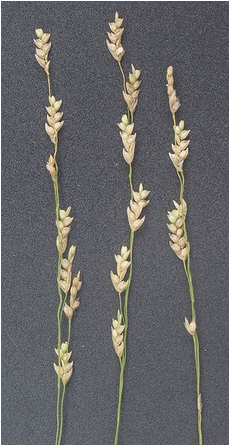In a 200-page report entitled, “Edible Insects” the United Nations Food and Agriculture Organization (FAO) urge people to rethink their idea of a protein-rich diet to include insects. In the introduction of the report the authors cite the widely accepted estimate that the world population will reach 9 billion by 2050. The report argues that adding insects into the diet would help with food insecurity and food shortage and reduce environmental pollution at the same time. The report was released at a conference held at the FAO’s headquarters in Rome, Italy.
The report explains that calories from insects can even exceed the amount that people get from maize, soybean and beef. As a matter of fact, crickets would yield 121 calories. The nutritional content of crickets is broken down as follows: protein: 12.9 g, carbohydrates: 5.1g, fat: 5.5g, calcium: 75.8 mg.
Insects are nutritious
According to Director Eva Muller of the Forest Economics, Policy and Products Division of the FAO, insects have high nutritional value and contrary to popular belief, not dangerous or harmful at all. Some of the more familiar edible insects are beetles, caterpillars, cicadas, earthworms, grasshoppers, locusts, silkworms and wasps. These insects are not just food for humans but animals that are being raised for food could also use insects as a food source. The United Nations report points out how underutilized insects are as food for livestock.
However, Muller added that the agency has no concrete plans on how to farm edible insects for consumption. She insisted that the area has huge potential that is yet to be tapped. But for sure farming insects is friendlier to the environment than farming pigs and cows. Livestock use a lot of water and land resources, but insects feed on waste products and produce markedly less greenhouse gases.
A solution for one billion hungry people
There is a need to double food production to accommodate future needs. But land is scarce and additional expansion of farmland is not sustainable or viable. In addition, food production is affected by factors such as climate change and shortages in water resources. This is further complicated by inefficient food production and food waste issues. Today, almost 1 billion people are hungry. To accommodate the growing number and fight world hunger, the United Nations advocates eating insects.
Barriers
Although some cultures have a staple diet of insects, the innate disgust to eat insects remains the biggest barrier to the inclusion of insects in human diet in Western cultures. The aversion to eating insects is rather high at the moment, despite the fact that at present, more than two billion people consume insects for food. Just the idea of eating bugs is often tied with revulsion, which eventually comes down to irrational distaste, according to experts.
The report says that humans may yet find a way to adjust to dietary modifications in time. To assist in the adjustment, we need to develop techniques and strategies to grow them en masse and explore potential side effects (e.g. allergies) of mass ingestion.
Photo Credit: Insect Food Stall









Facebook
Twitter
Pinterest
Google+
LinkedIn
Email